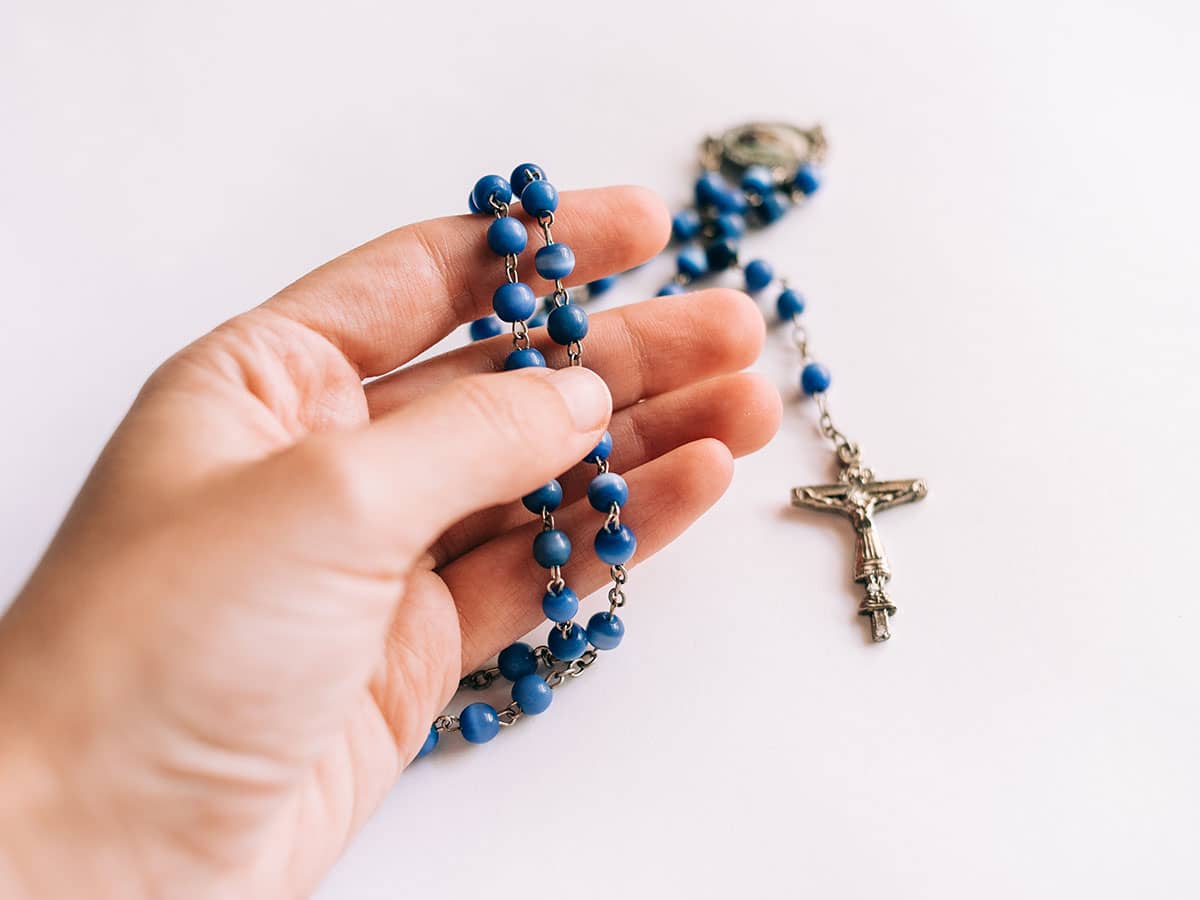| Call Waiting: Five stories of women who want to be priests Plus: The Little Flower That Couldn't Read about St. Therese of Lisieux's desire to become a priest. Plus: The Little Flower That Couldn't Read about St. Therese of Lisieux's desire to become a priest. |
Emily Malcoun, the pain is palpable and intense. Being prevented from following her call to the priesthood has all the emotional intensity of a gut-wrenching divorce or the death of a close family member.
"Sometimes I literally have nights when I cannot sleep, the pain is so acute," says the 26-year-old Lebanese American and Maronite Catholic. "I think my grief has been so deep not only because of my own sorrow but because I see the church suffering in her deepest time of need from the loss of women's gifts."
But Malcoun is dealing with her grief by facing it. For her, that means not hiding or ignoring her call. So when she read about an open house for young men interested in the priesthood, she knew what she had to do. She showed up at St. Charles Seminary in Philadelphia and asked the director of vocations to consider her for admission to the candidacy process. He stuttered a bit, but his answer was clear: Her request was impossible.
"At first I think he was quite shocked. He said he had never before been approached by a woman who felt called to ordination," she recalls. "Then he tried to encourage me and convince me to use my gifts in other ways."
This young woman is gutsy, but not naive. "I knew that they'd probably say no, but I also believe that with God all things are possible," she says. "And I felt to be authentic to God's call I had to do everything I could in my human capacity to answer that call."
Malcoun's calling--like many women's--took root at an early age. "By Confirmation, I knew I wanted to commit my life to the church and to God, though I didn't know how," she remembers.
She considered religious life, but by college realized her heart was being tugged toward ordained priesthood. "I've always had a powerful passion for the Eucharist, and I realized what a privilege it would be to be an instrument through which Consecration could occur," she says.
For several years, Malcoun tried to do just what the vocation director would later advise--find other ways to use her gifts to serve the church. Armed with an undergraduate degree in theology from the University of Notre Dame, she studied for a master's of divinity degree at Harvard University, where she regularly led worship, preached, and offered the sacraments in her work as a hospital chaplain.
She seriously considered a career as a spiritual director, chaplain, or pastoral counselor but, after much prayer, admitted they were substitutes for or partial components of her true calling.
"So I keep asking God what he wants me to do with this."
And does God answer? "Well, we're still in discernment," she says.
These days, she feels challenged to be open to other options. "I've been praying about it, and I've come to the decision that I don't want to be celibate and I am ready to answer this call. Both of those point to being open to serve in other denominations."
So now she's attending an Episcopal Church and still listening for God's voice in all of this.
"It's so sad because I love the Roman Church. But I just can't stay anymore; it feels abusive," she says. "But there's also a little relief and even joy in this decision. I feel a real peace about it."

